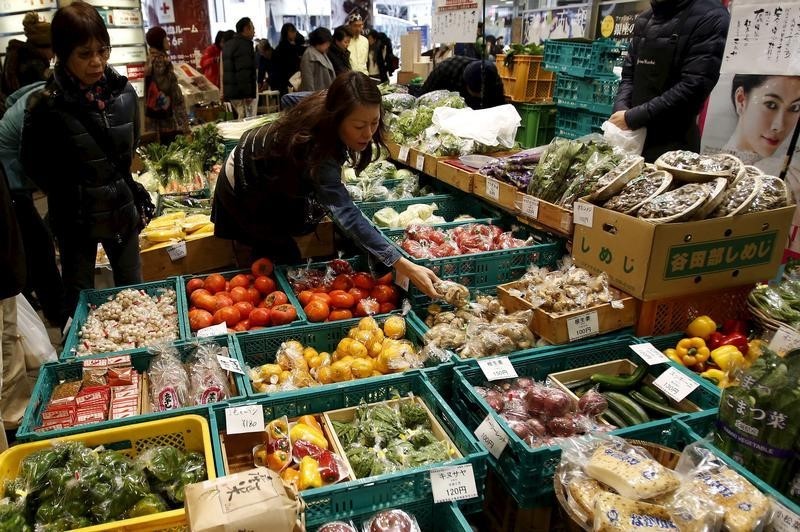By Ambar Warrick
Investing.com-- Japan’s core CPI inflation hit an eight-year high in September, data showed on Friday, as the world’s third-largest economy continued to grapple with increased raw material prices and a deep depreciation in the yen.
The national core consumer price index (CPI), which gauges price changes in a basket of goods excluding volatile fresh food prices, rose 3% in September as expected, and more than last month’s reading of 2.8%. The reading was at its highest level since September 2014.
Including fuel and food costs, both of which have surged substantially this year, CPI inflation grew 3% in the month, remaining unchanged from September.
The reading marks the sixth straight month that inflation has risen above the central bank’s 2% annual target.
It also reflects the increased pressure on the Japanese economy from rising raw material costs, which most businesses passed on to their customers. Data last week showed price pressures on manufacturers were at their highest level in over 40 years.
Increased commodity prices, particularly those of petroleum and liquified natural gas, also fed into inflation, given that Japan depends heavily on fuel imports.
This saw Japan post a record-high trade deficit in August, although the figure improved slightly in September. But the yen remained under pressure from a widening gap in local and international interest rates.
The Japanese currency slumped to a new 32-year low on Friday, crossing the psychologically important 150 level to the dollar. While the move spurred increased threats of intervention by the government in currency markets, it did little to deter short sellers of the currency.
The Bank of Japan is set to decide on monetary policy later this month. But the central bank has so far given no indication that it intends to raise interest rates from ultra-low levels.
But with Japan now reopening its borders after more than two years of COVID-related curbs, the economy may be boosted by increased tourism.
